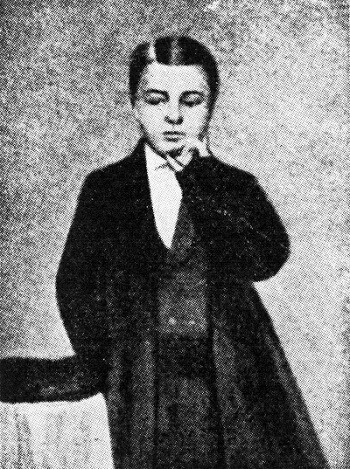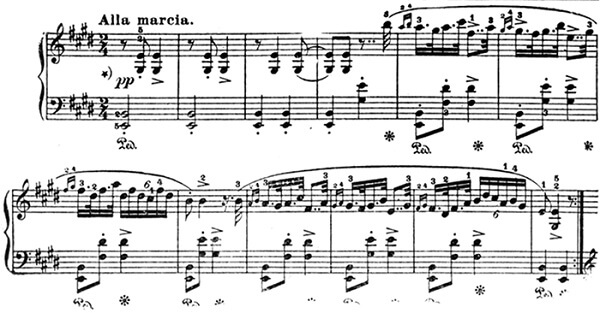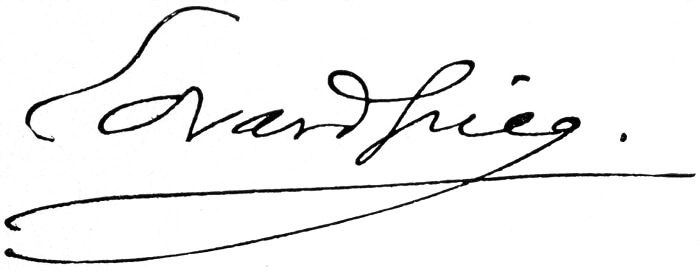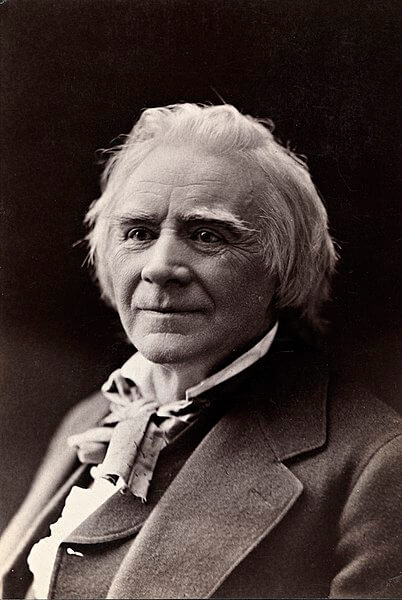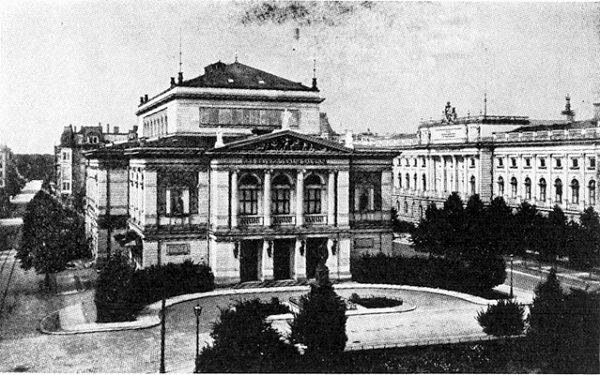Activity 1: Recite the Composition Information
- Recite the name of the composer and the composition.
Activity 2: Study the Music Timeline
Examine the music timeline to answer the following questions.
- What is the year of birth of the lesson composer?
- What is the year of death of the featured composer?
- How old was the composer upon death?
- Which composer (if any) directly precedes the studied composer by date of birth?
- Which composer (if any) directly succeeds the lesson composer by date of birth?
- Which other timeline composers were alive at the same time as the studied composer?
Activity 3: Map the Music
- Edvard Grieg was born in Norway.
- Find Norway on the map of Europe.
- During 'Morning Mood,' Peer Gynt finds himself abandoned in Morocco. Find Morocco on the map of Africa.
Activity 4: Study Facts About Composer Name
- Edvard Grieg was born June 15, 1843, near Bergen, Norway.
- His father's ancestors were Scotch folk who went to Norway after the Battle of Culloden, in 1745.
- It was Edvard Grieg's mother who gave him his first lessons.
- One of his best friends—and one who did much for him—was Ole Bull, the great violinist.
- Edvard Grieg studied at the Leipzig Conservatory.
- His teachers were the Bohemian composer Ignaz Moscheles, German composer Moritz Hauptmann (who liked his music), German musical theorist Ernst Friedrich Richter, and German organist Robert Papperitz.
- Sir Arthur Sullivan, who composed the opera, Pinafore, was one of Edvard Grieg's fellow students at Leipzig. Dudley Buck, the American composer, was there at the same time.
- Among Edvard Grieg's friends were Gade, Nordraak, Henrik Ibsen, Bjornson and Svendsen.
- He married his cousin, Mina Hagerup, who was a fine singer.
- Edvard Grieg composed for the piano, voice, violin, and for the orchestra.
- Edvard Grieg wrote music to Henrik Ibsen's Peer Gynt, at the poet's request.
- The Norwegian Government granted Edvard Grieg a pension, so that he could be free to devote himself to composition.
- Edvard Grieg died September 3, 1907.
 12 Tremendous Composers
12 Composers
12 Tremendous Composers
12 Composers

 12 Tremendous Composers
12 Composers
12 Tremendous Composers
12 Composers

